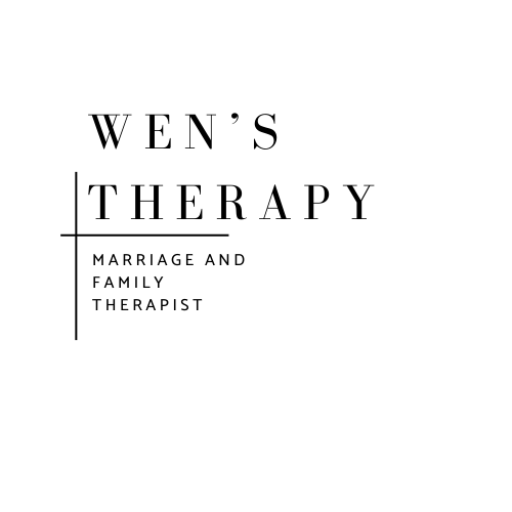1. Ikigai
Ikigai is a Japanese term that describes a “comprehensive concept describing subjective well-being.” The parts that make up this term include life-satisfaction, self-esteem, morale, happiness, and the meaning of one’s life.
When I was looking up about it, intrinsic motivation came to my mind. Intrinsic motivation is that feeling inside of us that drives us to take action towards things that satisfy our values and beliefs. When we discover what is important in our lives, we will understand what we need we need to do to take care of ourselves.
For example, if I valued freedom, I would be unhappy in a profession where I am stuck going to work from 8-5 every day. I may prefer a job that involves more travel or remote work. In order to understand how we can better take care of ourselves, we must first write down what is important to us.
I encourage you to write down your values and beliefs down on paper. Which ones are you honoring and which ones are you ignoring? Comment down below one thing you will do to take care of your values and beliefs.
2. Hyggeligt
The Danes have a word that describes a feeling of extreme comfort. This feeling can come from seeing your favorite comfort food or even being wrapped up in blankets when you’re falling asleep.

What does comfort look like to you? For some, it may be surrounded by a hundred puppies. For others after a long day, going straight to bed brings them comfort.
3. Hygge
According to Collins English Dictionary, the Danes have a word called hygge which means “the practice of creating cozy and congenial environments that promote emotional wellbeing.” Everyone has a different definition of what their ideal environment looks like. Some people like very clean and ordered homes while a child may prefer a house filled with games, slides, and toys. It varies by person.
4. Ser vs Estar
Both of these terms means to be. It can often be confusing for those who are first learning Spanish. I understood that problem when I first started learning Spanish. Here are some of the major lessons I learned about the difference between the two verbs.
Ser is meant to describe things that are permanent or rarely changes. This can mean our nationality, race, religion, hometown or identity. For example, I could say that I am a California native. That’s part of who I am and will never change. It can also be used to describe the physical characteristics of objects or people. It can be color, shape, or texture.
Estar describes things that are temporary. It is used to describe our locations. If I am on vacation in Argentina, I would tell my friends using estar since I am there. I would also use this verb to describe any feelings I have.
These words are both helpful in self-care because our own well being can overcome any temporary challenges we come across. Some people believe that to care for ourselves, we should do a few grand gestures to make us “feel better.” This mode is the “estar” phase of self-care where I believe that people do some self-care routines meant to temporarily alleviate the symptoms of a much larger problem. It may work in the short term but will never work as time goes on.
I treat the “ser” phase as part of ourselves where we must spend time and energy. This phase challenges us to look within ourselves to find out how we can incorporate care as part of our everyday lives. It can be connecting our care to values we hold dear or to people we care about. It all depends on connecting our care to what’s important to us.
5. Jia you
This is one of my favorite phrases to say. It literally means to add oil. Its true meaning is to cheer someone on at a competition. You would shout this over and over again with a louder voice each time to voice your support.

This is the support many people need from others in their lives. While some people like to trek their challenges alone, other people may need the support of friends and families to take care of themselves. When you need their support, I hope you do not hesistate to reach out to them.
6. Chi Ku
This is a Chinese term that literally means “eat bitter.” It is used to describe going through a tough hardship first before enduring the rewards. Every successful self-care routine requires some difficulty of testing out different activities before ultimately finding the right one that works for them.
7. Ganbarimasu
This Japanese term means to put your best effort forward. Our own care requires us to always try our best because it’s an essential part of us. When you treat yourself best, you are doing yourself a great service. Always give your best.
Comment below with a few words to describe your

Wen Soon LMFT – Licensed Marriage and Family Therapist | Mental Health Expert | Relationship & Trauma Specialist
Wen Soon is a Licensed Marriage and Family Therapist (LMFT) dedicated to helping individuals, couples, and families heal, grow, and thrive. With expertise in trauma recovery, relationship counseling, anxiety, depression, and stress management, Wen provides evidence-based therapy tailored to each client’s unique needs.
Specializing in Cognitive Behavioral Therapy (CBT), Dialectical Behavioral Therapy (DBT), Mindfulness-Based Therapy, and Family Systems Therapy, Wen empowers clients with practical tools to improve communication, manage emotions, and create lasting change. As the founder of Wen’s Therapy, Wen is committed to fostering a safe, supportive, and culturally responsive space for healing.
Through therapy, coaching, and educational content, Wen helps people navigate life’s challenges, strengthen relationships, and build emotional resilience. Whether you’re struggling with trauma, seeking relationship support, or looking for personal growth strategies, Wen provides expert guidance to help you achieve your goals.
📍 California | 📩[email protected], (408) 444-6124 | 🌐 www.wenstherapy.com


